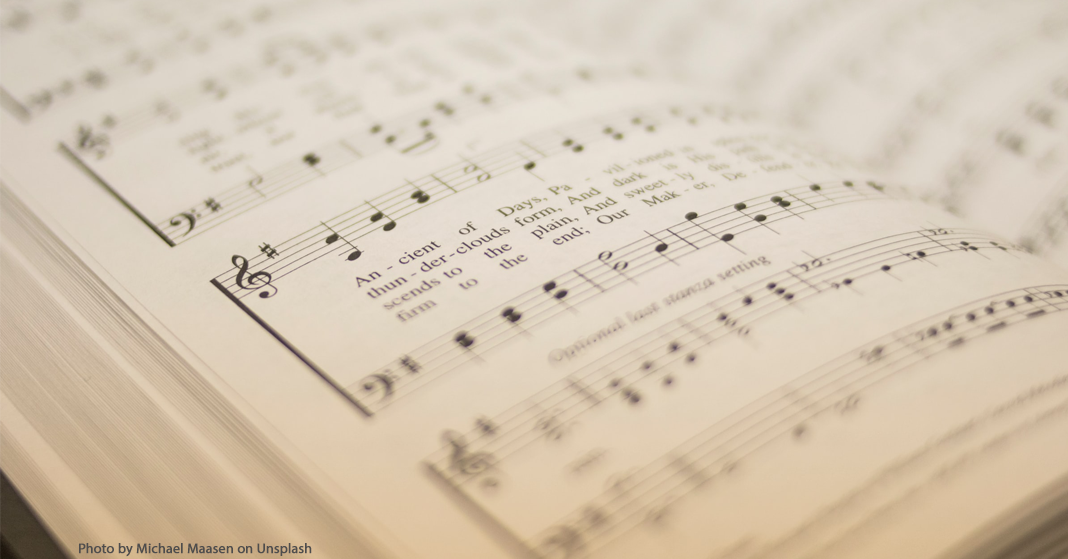
Have you ever thought about the origins of the hymns you sing? In addition to being songs of devotion and worship, hymns are works of literature. You can study their mechanics, structure, and artistic form just like you’d study any other poem. When doing hymn studies, you often will gain a deep blessing by the end of the hymn study. Explore four important ways that you and your kids can dive into the origins and design of familiar hymns.
Hymn Studies for the Writer’s Backstory
We don’t know the story behind every hymn, but thanks to the internet and other resources, you can usually find some facts about the writer and the events surrounding the hymn text’s creation. The stories of John Newton, Fanny Crosby, William Cowper, Frances Ridley Havergal, Charles Wesley, and others reveal the writers not as paragons of biblical virtue, but as real people whose struggles and tragedies drew them closer to God. You’ll find yourself inspired and encouraged by their stories, and no doubt your children will be fascinated as well! As you plan your hymn study schedule, consider including the stories and texts of more recent hymn writers, not just those from the Golden Age of Hymns.
The Historical Context
Context is important, whether you’re studying the Bible itself or other forms of literature and art. As you move through your hymn studies, explain to your children how people spoke during the time when the hymn was written. Perhaps they used more formal language, or pronounced certain words differently than we do today. Occasionally, with older hymns, you may encounter a word with a totally different modern meaning, and your hymn study can cover both definitions. Ask your children how and why they think that definition or pronunciation may have changed over time.
The Artistic Value
Depending on the age of your kids, you can keep this part simple or take a more literary approach. For younger kids, ask them to identify rhyming words at the ends of hymn lines. Your middle graders can point out the rhyme scheme, such as abab or abba; older kids can identify the hymn’s poetic structure (such as iambic vs. trochaic) and count the metric feet.
Ask your children to point out instances of alliteration or internal rhyme, and suggest that they circle words in the hymn that seem especially beautiful or poignant to them.
Hymn Studies for the Spiritual Benefit
One of the most rewarding parts of studying hymns is unwrapping the spiritual truths they contain. Your hymn study takes you through the process of appreciating the writer, the historical context, and the literary value, but ultimately the greatest blessing comes from the revelation of God’s timeless truth. To close your hymn study, have your kids each write down one special biblical truth they learned from exploring the hymn.
• • • • •
Rebecca is a work-at-home freelance writer, novelist, wife, and mom of two bright-eyed little ones. She credits her success in writing and her love of books to her own mom, who homeschooled three kids from pre-K through high school.